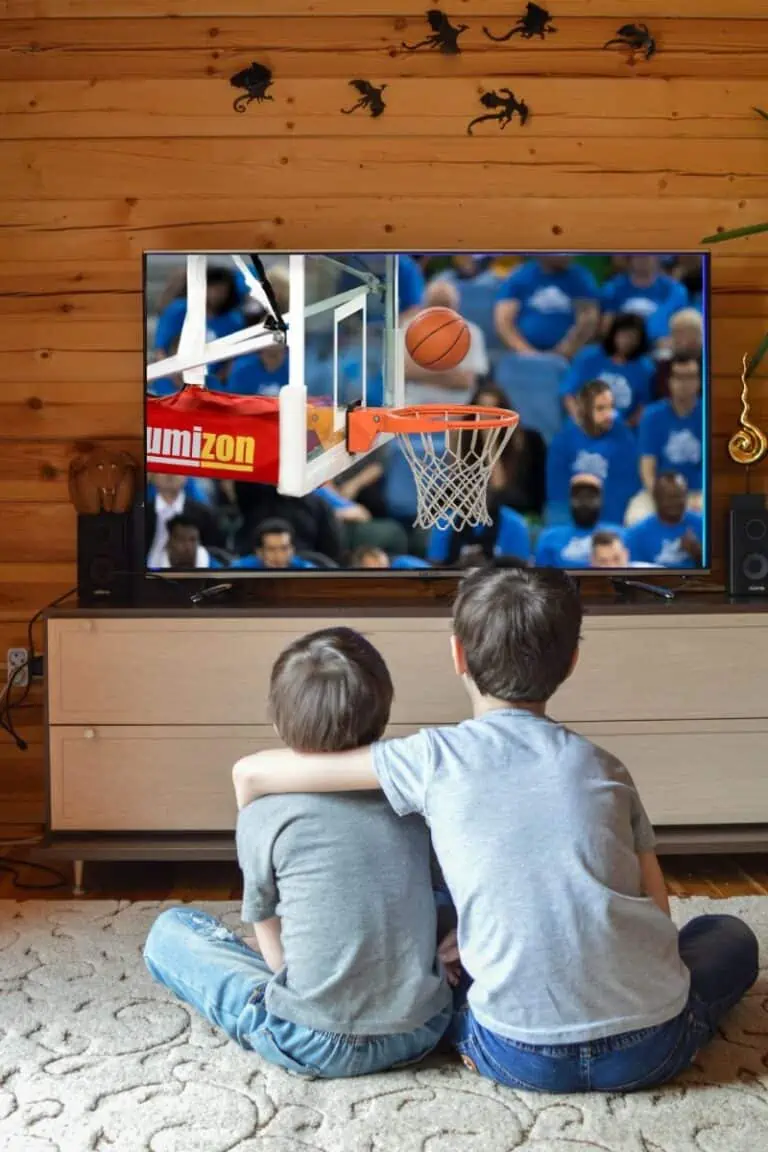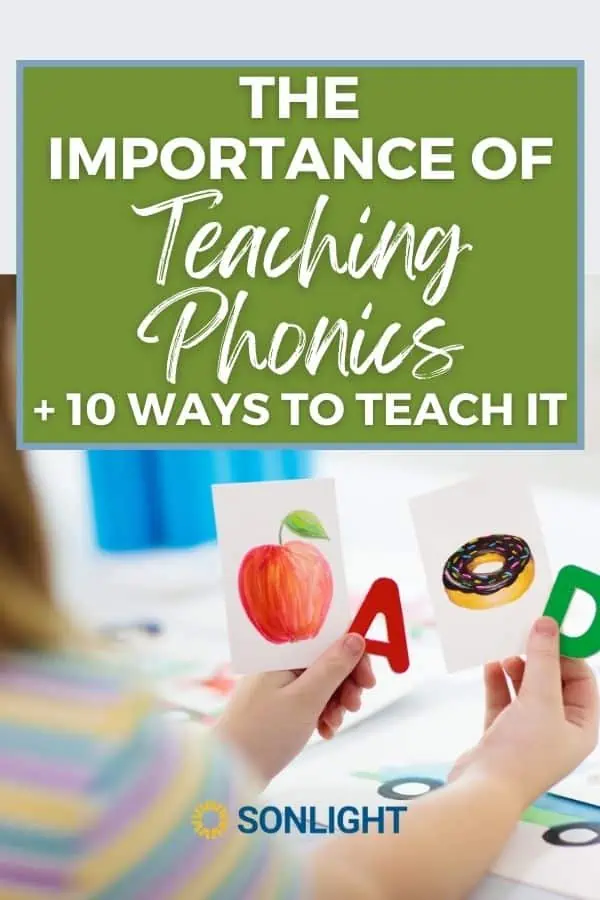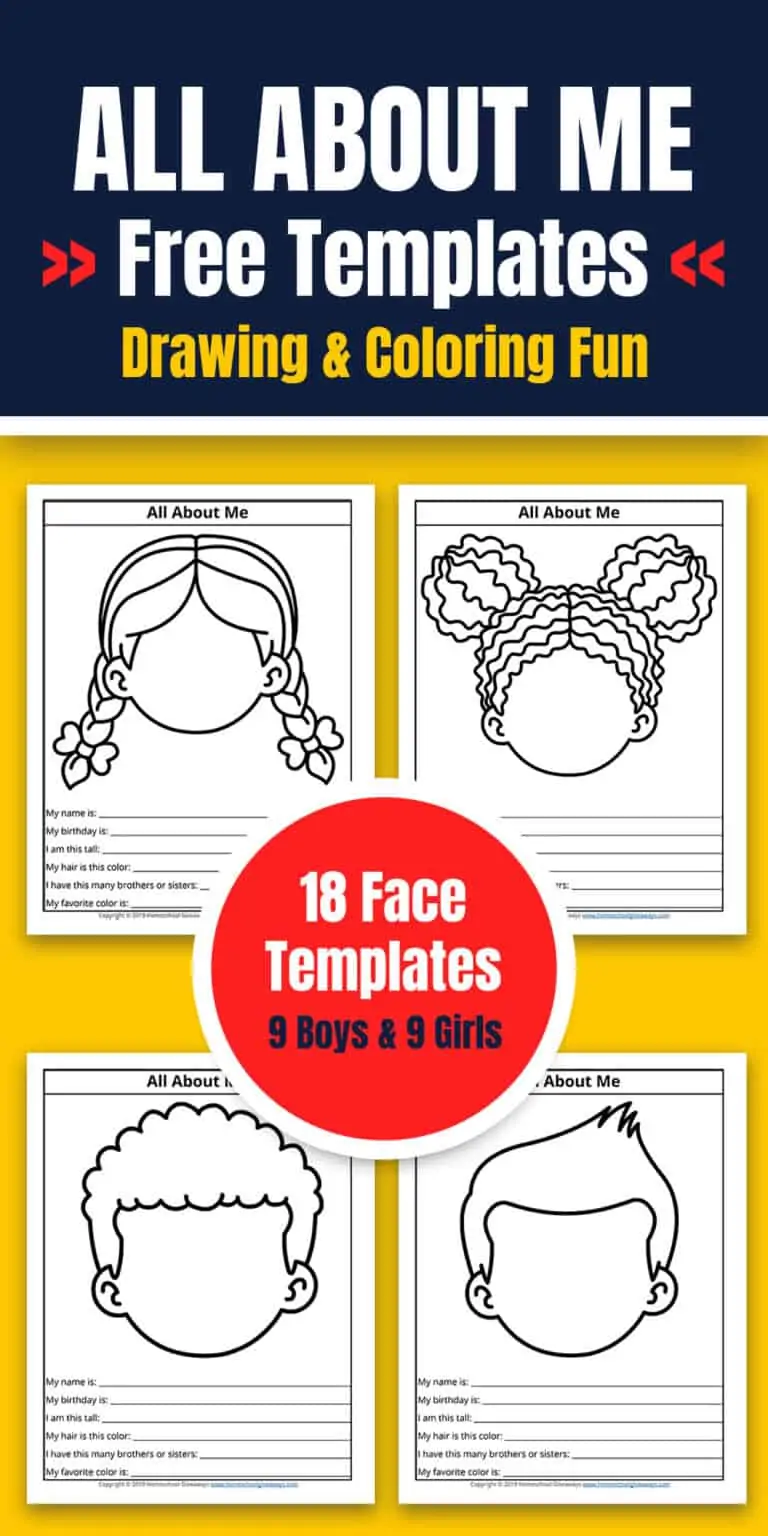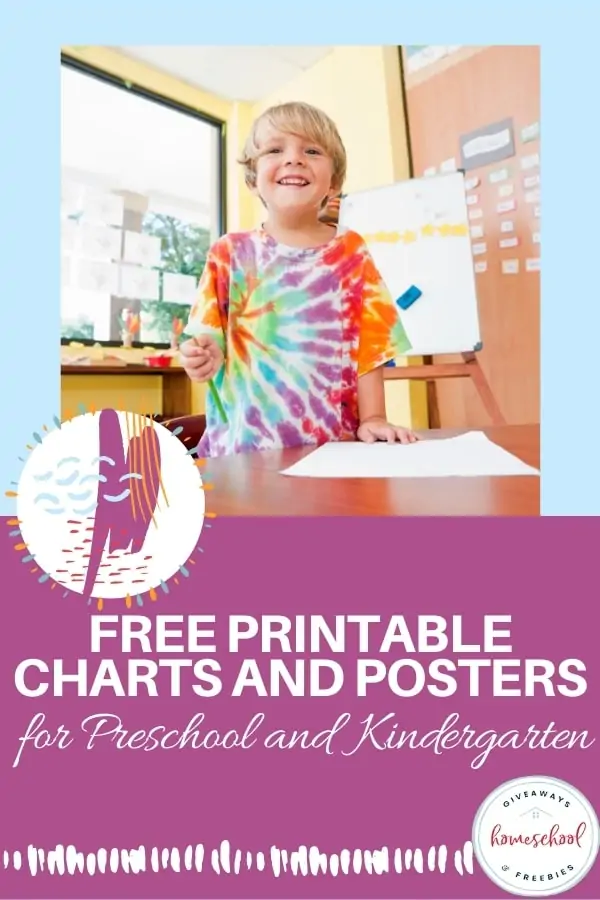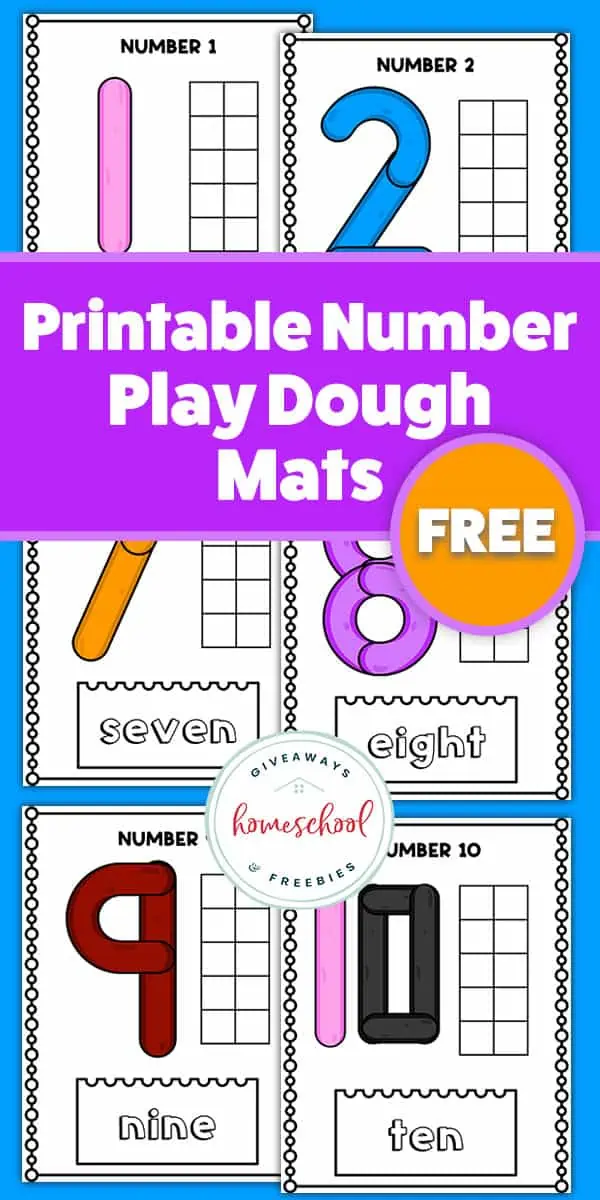Tips for Teaching Kids Independent Research Skills
Published:
May 5, 2021
Contributor:
Jeannette Tuionetoa
Disclosure: This post may contain affiliate links, meaning if you decide to make a purchase via my links, I may earn a commission at no additional cost to you. See my disclosure for more info.
We should be intentional about teaching our kids how to access information on their own. Being able to research independently is an essential skill for kids to learn. Read on for tips and free resources on how to research for kids.
How to Research for Kids
In this information age, there is a swarm of information at your child’s fingertips. When it comes to doing their own research, you understand the gravity of them getting things right.
You will want to make sure they are seeking out correct information, and that they are being safe when they are doing research. This is especially important for young children.
What is research?
Research is the process by which we can solve problems or get information, find answers, and organize the facts found. Research is an important skill that will help teach your students how to collect and document data to discover new knowledge.
Why is research important for children?
- Boosts motivation. Kids get excited to do the kind of research on topics that interest them.
- Research provides the freedom to explore a topic and learn new facts and information that they can share with others.
- Enhances knowledge and increases learning capacity. The more they research, the more they will want to explore and find out.
- Improves problem solving skills as they seek to analyze the information that they have found.
How to Teach Research to Kids
Kids need to learn how to do research, how to evaluate the research, and then how to gather what is the most relevant to the research topic. That is a lot for our kids. Many of us see how social media sites make it easy for our kids and ourselves to get information filled with half-truths or opinions.
When it comes to our child’s education, we must be teaching research skills so they can perform research on topics and research well. Ultimately, they should be able to independently go through the research process to come up with the information/data they need.
Guide your students to research
Guide your students through the research process often. Walk them through it. Whether it be weekly or daily, help your students obtain good and reliable information. Provide them with ample practice to use their research skills.
Teach your kids to Contrast, Compare, Challenge
Pull up different websites of online resources to compare the information. Check whether a few websites are saying the same or similar things about a subject.
Also watch if sites say exactly the same thing with exactly the same wording . This is a quick way to see if it is copied from the same source or one of the sites you are viewing. In this case, three sites may not count as three sources if it is the same information.
Provide your students with research assignments excluding the use of Google as their primary source of accurate information. Get them looking into texts or articles for information to make them work a little harder for data or details.
Teach kids about the “research onion.”
The research onion was founded by Saunders around 2007 and describes the stages research goes through when developing an effective methodology for it to be credible.
The Research Onion for Beginners – Check out this great resource to learn more about the research onion.
How to Avoid Plagiarism
Plagiarism is using someone else’s words or ideas as if they were your own. It is a form of cheating. Elementary students might do it without even understanding that it’s wrong.
You can begin with your younger students, letting them know that the words and ideas must be their own words, or how to state if it isn’t. As your children get older, they will need to be very careful when they are working on research papers and that they are not copying words down from the text.
Here are some ways to make sure your kids are avoiding plagiarism.
- Cite the source that you are using for your research.
- Keep track of all sources being used in the research process.
- Credit the original author and use quotes.
- Paraphrase in your own words everything that you are writing down and check it against the source.
Research Skill Building Resources for Kids
Here are some research skill-building resources and printables to help with teaching research skills to your children.
Teaching Research Skills
Printable Student Research Skills Worksheets – These worksheets are a good way to teach library and media research.
How to Teach Online Research Skills to Students in 5 Steps – Free ebook and poster to help teach online research skills.
50 Mini-Lessons For Teaching Students Research Skills (Printable PDF) – 50 ideas for mini lessons to teach researching to your students in a printable pdf.
Research Skills for Kids
Research Writing Printables – There are graphic organizers, bibliography citing worksheets, steps to writing a research paper and more!
MLA Paper Format Research Skills – Writing and formatting guidelines for older students in grades 7-12 to help them with a research report.
Free Research Worksheets And Handouts – Lots of amazing resources on how to research for older children.
Research for Kids Starter Kit – This freebie has lesson plans to help you teach your kids how to find credible sources, cite what they find, and how to use the internet for research.
More Research Worksheets and Packets
“Less Mess” Explore the World: Research a Country or City – This is a great way to get your kids excited about learning more about a country or city they may be interested in.
Animal Research Packet – Animal lovers will enjoy this cute animal research packet with research questions and a research activity.
Planet Research Worksheet – Let your kids get started doing some of their own investigating by researching a planet on the internet, with suggested websites.
Biography Research Project – Help your children to choose an influential person in history to begin researching and learning about.
Use Research Notebooks
We have lots of amazing free research notebooking journals, which are a great tool to help your kids get started with researching.
Natural Disasters Notebooking Research Journals Series – These natural disaster journals will teach your kids about 200 different natural disasters with spots to record the information they have researched about.
Human Body Notebooking Research Journals Series – Your kids can use these free research journals to enhance what they are learning about the human body in their science studies.
History Notebooking Research Journals – There are so many different history themed notebooking journals to help your kids to learn about famous men and women, wonders of the world, ancient times and more.
Geography Notebooking Research Journals – Learn about different cities and countries, landmarks, bodies of water and more with these notebooking research journals.
Types of Research
Researching Using the Internet
When your children begin using the internet you may want to make sure you are practicing internet safety and start by using a kid-friendly search engine.
It is always a good idea to sit with your children and assess if the websites are legitimate. Sites like National Geographic, Scholastic, Encyclopedias, PBS, and BBC are generally reliable sources, as are sites that end in .edu and .gov.
You may want to discuss with your older students the possibility of worldview and political leanings that can impact what is written and how it is written.
Here are some more suggestions and resources for using the internet as research:
20 Great Research Websites for Kids
Some of the Best Academic Search Engines
Research Skills Using Google Search
12 Fabulous Academic Search Engines
Researching Using Books
Before the internet if you wanted to research something you needed to go the school library, or pull out a large set of Encyclopedias. Books are the original way to research and one I still love to teach my kids about.
You can find primary sources and lots of secondary sources by using books in addition to online resources.
Your local library is a great place to start your research journey. You can find relevant books on any topic your child is interested in. You don’t even need to make a trip to the library as you can gain easy access to books through library apps as well.
Fun Quotes on the Importance of Research
I will leave you with some short quotes to wrap up these tips.
“If we knew what it was we were doing, it would not be called research, would it?” — Albert Einstein
“Research is what I’m doing when I don’t know what I’m doing.” – Wernher von Braun
“Research is creating new knowledge.” – Neil Armstrong
“Research means that you don’t know, but are willing to find out.” – Charles F. Kettering



